Short-term Visa
The Short Term Stay Visa
- 2024.05.15
About the Short Term Stay Visa
The short term stay visa is for those who stay in Japan with purposes of tourism and work (less than 90 days).
There are many ways to call this type of visa according to the purpose of application, such as tourism visa, short term stay visa, traveler visa, family visit visa, business visa, etc. Not all foreigners are required to apply for short term stay visa, and people from certain countries don’t need to go through the visa examination process.
The short term stay visa is usually required for following situation—“want to have family visit Japan during term break as foreign student” “want to ask parents to come to take care of the applicant in pregnancy” “prepare to open a company in Japan” “attend the wedding ceremony or graduation ceremony of the family living in Japan” and so on.
As above, there are various purpose and reason for applying for the short term stay visa. As for the stay period of short term stay visa, according to the purpose of visit and the necessity, 15 days, 30 days or 90 days period of stay can be granted.
Standard of Examination
Financial capability
Whether the applicant are able to afford all expense during the stay (unless the expense is covered by others except of the applicant.)
No income during stay
Neither income-making nor financial reward activities are involved during the stay
Procedure of Application
- Prepare necessary documents from the one living Japan
- Send all documents to the applicant (the one coming to Japan)
- Submit all documents to the local Japanese Embassy or to the Consulate General of Japan for examination
- Receive the notification of visa permission or non-permission
- Once receive the visa, enter Japan within 3 months since the visa issuance
As above, it is necessary to go through the document examination at the local Japanese Embassy or at the Consulate General of Japan. While doing the document examination, no face to face interview will be involved, as the paper work check is the main point. There might be interviews in person or by telephone required for fact checking, however, the determine factor is still the document submitted.
Reasons of Non-Permission
Different from other visa types such as marriage visa and working visa, one thing about the short term stay visa that is a little bit tricky, once the examination fails, it is not allowed to make new application within half year.
As for the reasons why the application may fail, it is usually considered as per below 3 points.
Inadequate document
The examiner would not regard the inadequation of document as you accidentally forgetting to attach. If required files are not attached, it would be regarded as the document are not being able to be prepared currently.
The examiner is not notified of how the visit is necessary
For example, the reason can be “we became close during expat period and now I’d like to have him visit me in Japan”, however “I’d like to have him as company as I travel to Tokyo and Kyoto so he applied for the visa” is regarded as purpose of visit only. Many people only explained the purpose of visit but not giving enough explanation on why the visit is necessary. In this case, question like “I understand what you want to do in Japan but why you have to come?” may be asked, if no proper explanation is provided, the examination will result in non-permission.
The financial status of guarantor (annual income, bank savings) is not good
A lack of financial guarantee could be a minus point, however the borderline of the amount of income and the amount of savings at the essential examination is not disclosed. Many people are worried about their income status, but there’s no need to worry too much about it as there are still other ways to do this even if you do not have your own annual income or savings, and the part that cannot be seen in the numbers (relationship with those in Japan, memorable episodes, etc.) will affect the result of examination.
Difference between purpose of stay and requested length of stay
As an extreme example, generally speaking, there are few companies that hold meetings for three months in a row. In this case, the examiner would probably presume that the applicant is lying. Once you are questioned because of this, you are less likely to get a visa. Considering the balance between the purpose of stay and the length of stay, the point is to apply for a reasonable period of stay.
Opacity of the place of stay
A typical example is the case where the place of stay is designated as home, but the person is not currently living at the address indicated on the resident card.
- Another property is rented for a long-term business trip
- I live alone, but on the resident’s card I live with my family
- I just moved from the company house last month
- Since I came back after completing my overseas assignment, I didn’t renew the resident card until recently.
- Separately living because of divorce mediation
It is necessary to prepare in advance the explanation that you are staying in a place different from the resident card.
Past criminal record (overstay record, etc.)
Those who have violated Japanese law when they came to Japan in the past fall under this reason. In such cases, special documents such as reflections and petitions should be prepared in addition to the usual documents to be submitted. Please ask a professional administrative scrivener as the permission rate depends on the preparation of required documents and the writing style.
We are Yanagi Group, which have offices in Osaka (Abeno and Tennoji), and our affiliated offices in Tokyo (Shibuya and Ebisu) are also available for an on-site consultation. We have handled many applications for permanent residence permits, naturalization permits, work visas, college student visas, management visas, etc., as well as visa renewal procedures related to the status of residence with the Immigration Bureau (Immigration Bureau) as a one-stop service. Our experienced administrative scriveners are also available to help you with any problems you may have.
We also have staff members who can speak each of the native languages and can assist you in obtaining a visa.
※If you wish to be consulted in Nepali or Bengali, please inform us in advance via our website or social media, and the translator will contact you ahead of time.
Please feel free to contact us if you have any questions about your status of residence or visa, even if they are trivial.

Toll-free number: 0120-138-552
For English speakers: 080-9346-2991
For Chinese speakers: 090-8456-6196
For Korean speakers: 090-8448-2133
For Vietnamese speakers: 080-5510-2593
Editor of this article
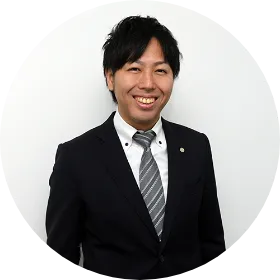
- Ryota Yanagimoto
- Administrative Scrivener/Judicial Scrivener
At the age of 24, he passed the national examinations for judicial scrivener, administrative scrivener, and wage service manager at the same time.
While working as a full-time lecturer at a major prep school, he independently opened a legal office related to judicial scriveners and administrative scriveners,
and he has experience as a judicial scrivener and an administrative scrivener for more than 15 years so far.
He has been actively contributing to various industries such as publicly listed companies, real estate companies, financial institutions, elderly care services, and professional organizations by conducting seminars, lectures, and talks.
And now he has a record of over 60 presentations so far.
Furthermore, as the president of a Japanese language school announced by the Ministry of Justice and Acts, and an advisor to a real estate company (capable of handling foreign clients),
he has been involved in various aspects of industries related to foreigners.
It is recommended to consult with experts when it comes to visas, naturalization, and residency matters.

Our office has specialized experts in visa and naturalization applications who are available to assist with free consultations (limited to the first session) and inquiries related to various visa applications and naturalization applications.
Additionally, we have foreign staff proficient in English, Chinese, and Korean languages with specialized knowledge, and they are present to provide support. They can accommodate consultations and inquiries in each language. Feel free to use our free consultation and inquiry services from here.







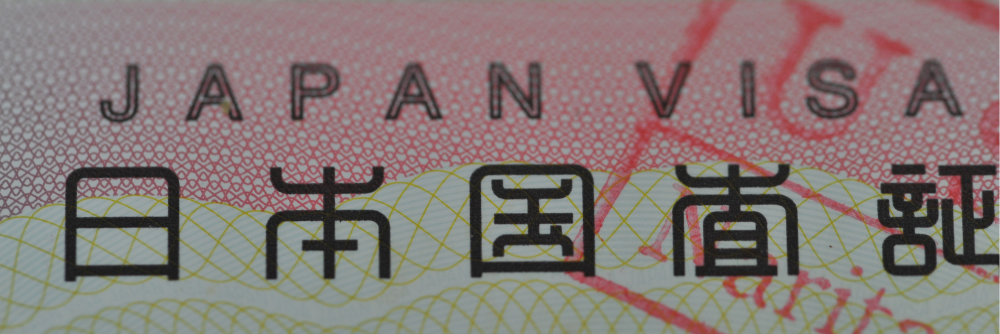




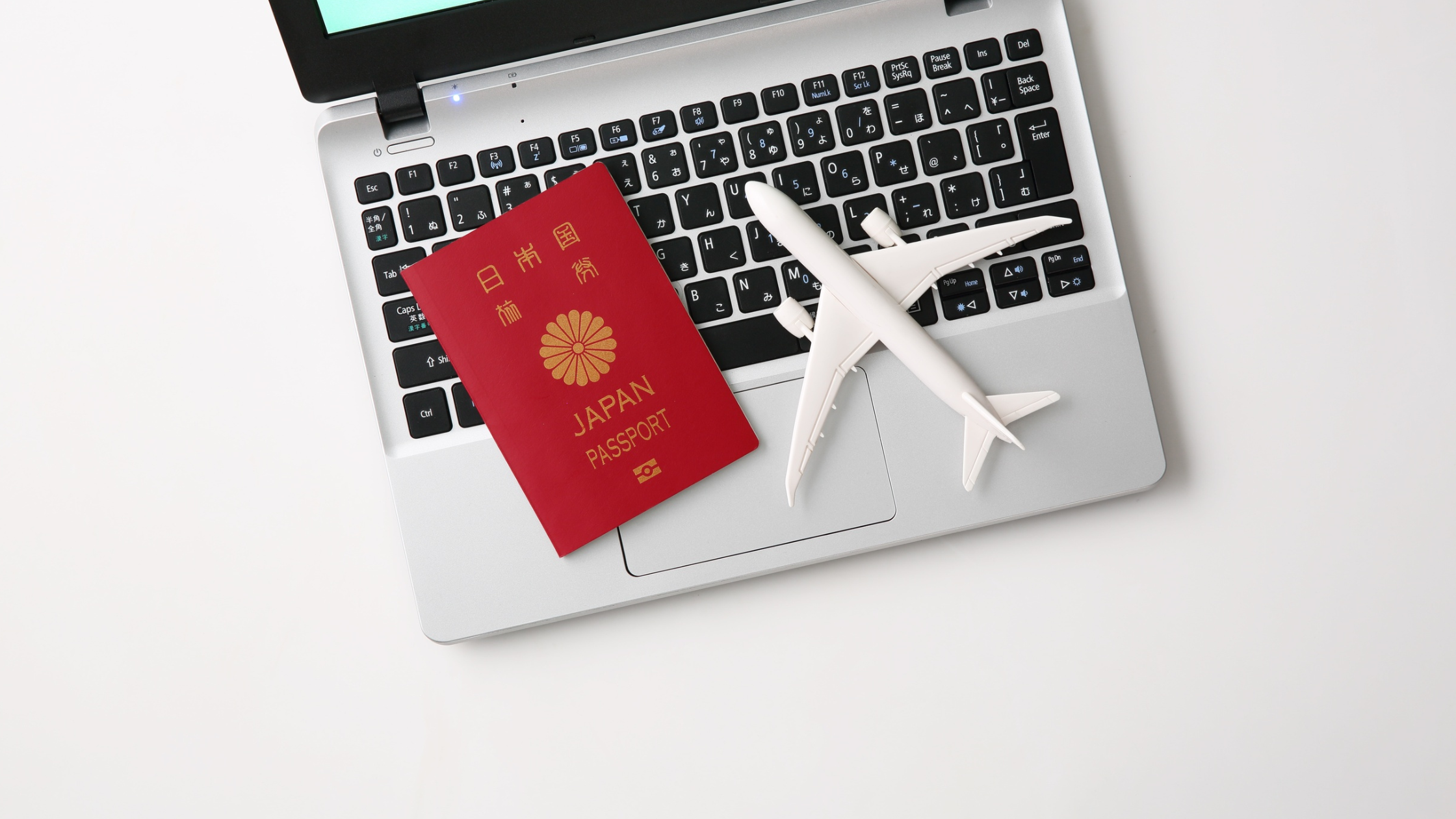





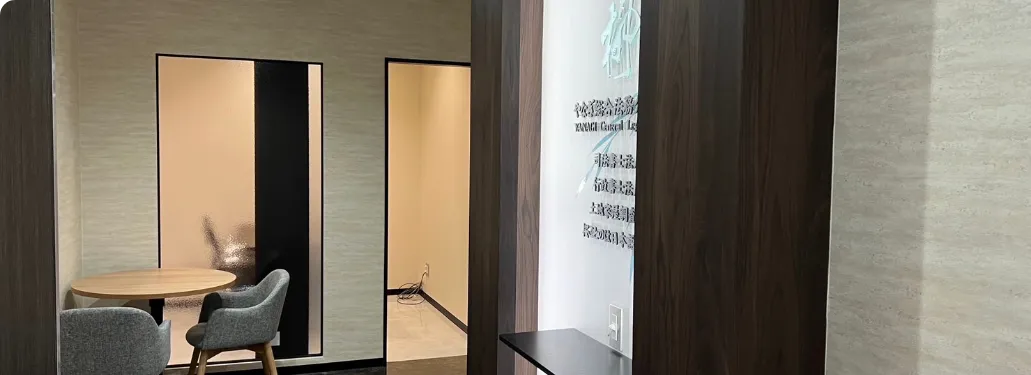
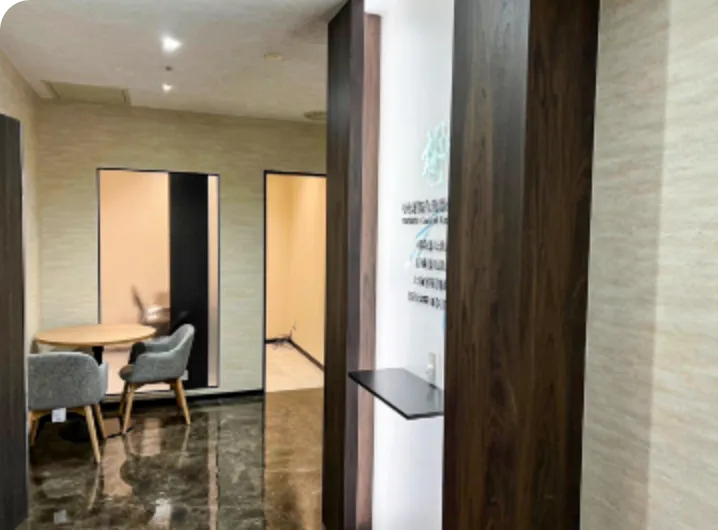
 0120-138-552
0120-138-552 Free
Consultation
Free
Consultation Contact Us
Contact Us